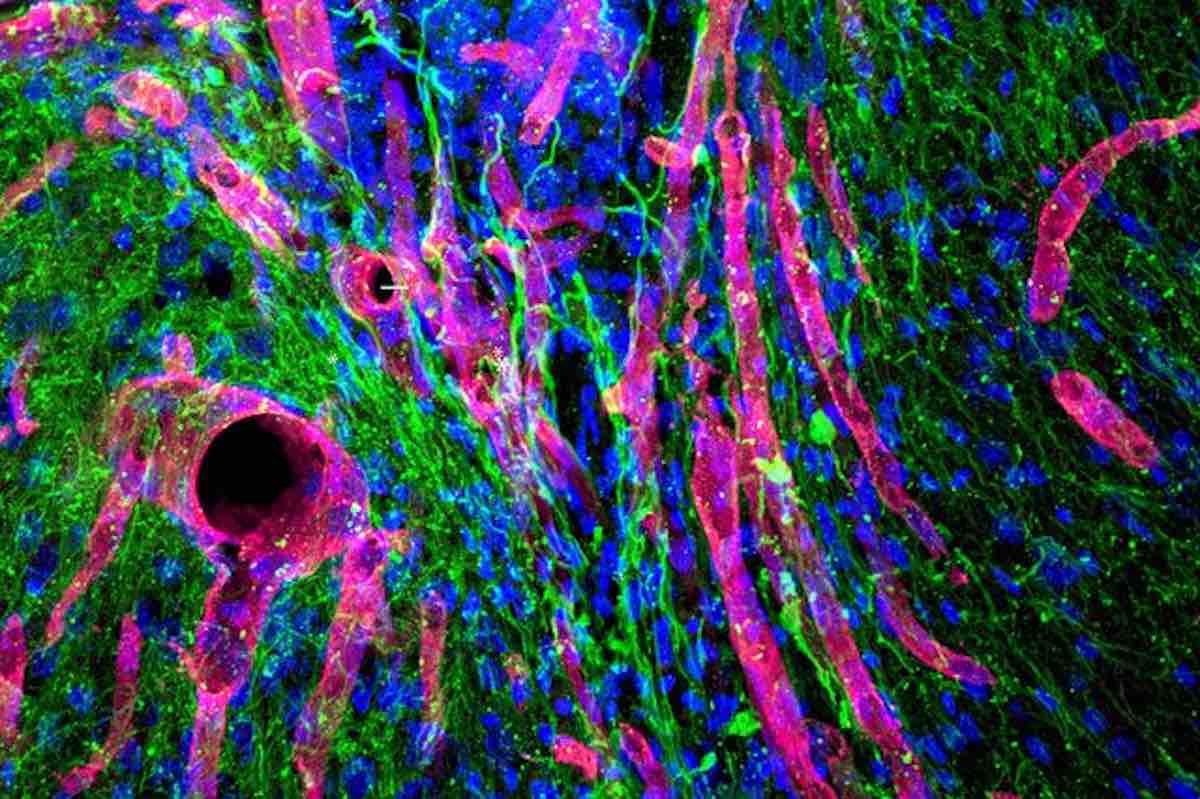
Swedish researchers have identified four types of neurons in the peripheral auditory system, three of which are new to science. The analysis of these cells can lead to new therapies for various kinds of hearing disorders.

US scientists have developed a technique to directly convert the cells in an open wound into new skin cells. The approach relies on reprogramming the cells to a stem-cell-like state and could be useful for healing wounds.

It’s not every day that scientists find a completely new aspect of human anatomy, but one study is providing exactly that, describing a previously unknown network of tunnels located between the skull and the brain.

Australian researchers said Wednesday they have developed a blood test for melanoma in its early stages, calling it a "world first" breakthrough that could save many lives.

Scientists in Basel, Switzerland, have created an artificial tissue that mimics some of the biological properties of natural bone marrow niches and can support stem and progenitor cell replication over several days.

Researchers have developed a mineralized material that mimics the fortified structure of enamel. The protein-based substance could be used to prevent and treat tooth decay, as well as tooth sensitivity and pain.

The first human corneas have been 3D printed by scientists at Newcastle University, UK. It means the technique could be used in the future to ensure an unlimited supply of corneas.

Researchers have just made a breakthrough discovery in how we can possibly treat stroke patients in the future.

The drug, called Aimovig works by using antibodies to block the effect of a protein molecule that plays a key role in triggering and sustaining migraines, known as calcitonin gene-related peptide, or CGRP.

Scientists have revealed how a population of 'bad' antibodies in the immune system can provide crucial protection against invading microbes.

The drug Larotrectinib, which had no severe side effects, showed “unprecedented” success with certain pediatric tumors, as well as several adult forms of cancer.

A team of scientists say the body contains a previously undiscovered network of fluid-filled pockets and collagen underneath the skin that covers most of the body and internal organs.

Researchers from UK have created the world's first synthetic vaccine.The non-biologic influenza vaccine, which can be delivered orally, could herald a revolution in vaccine delivery.

Scientists have successfully produced human kidney tissue within a living organism which is able to produce urine, a first for medical science.

Each scaffold was made by 3D printing a replica of each patient’s ear using a Z Corporation Spectrum Z510 3D printer. The scaffolds were then populated with living cells from each patient.